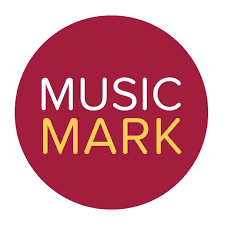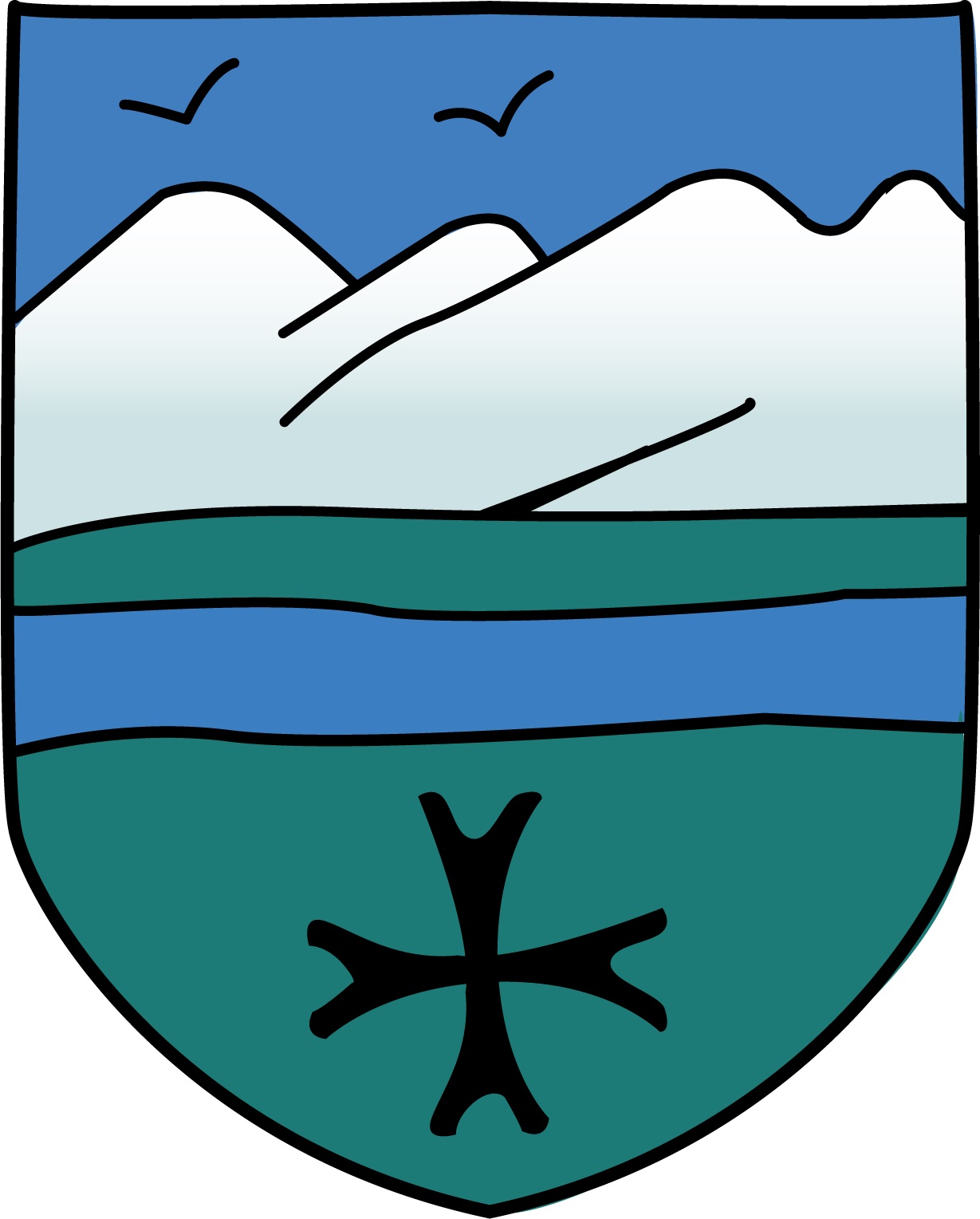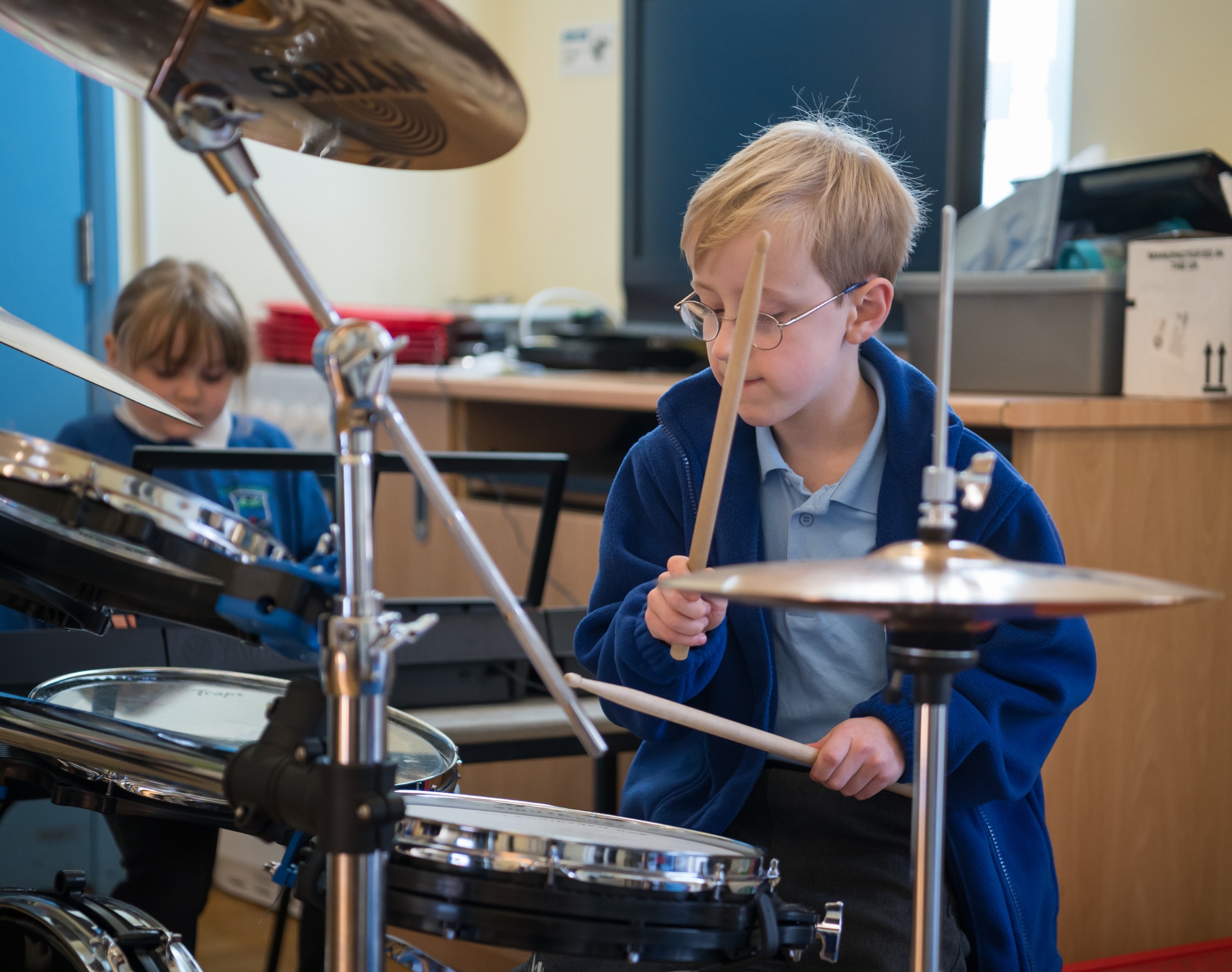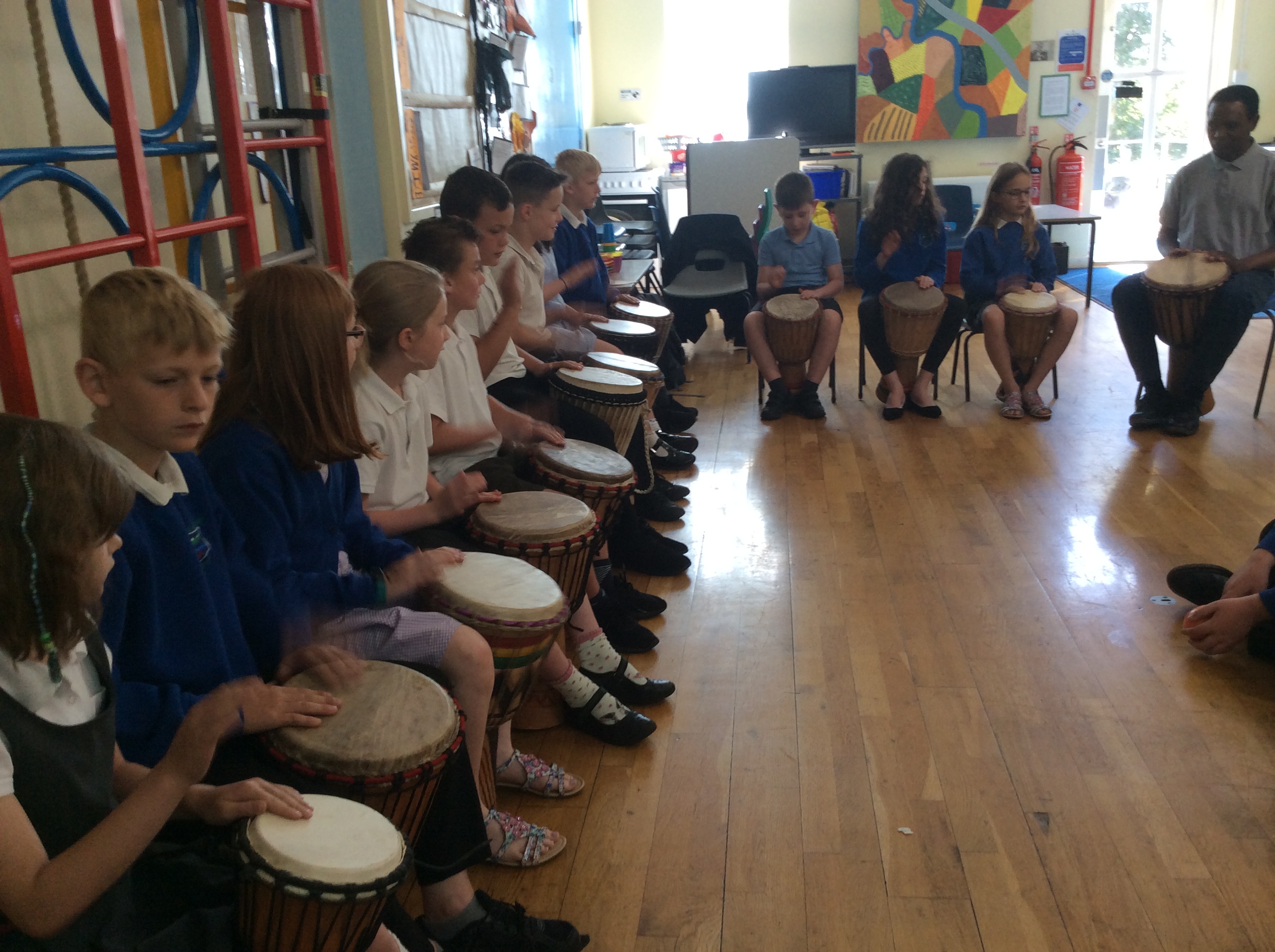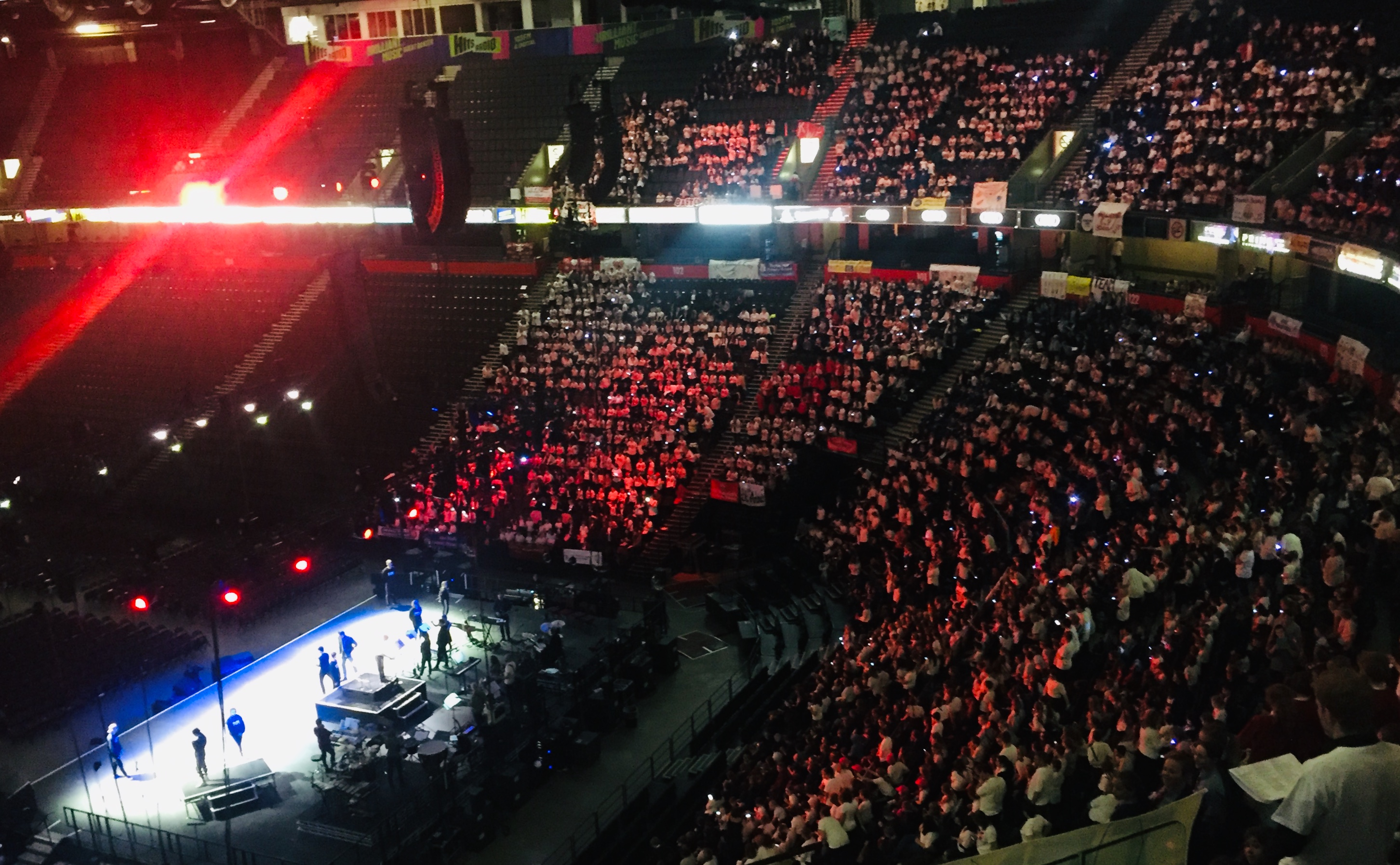Music
Subject Leader: Mr Laithwaite
Intent
At Temple Sowerby CE Primary School, our vision states that we ‘encourage all children to flourish by giving them the skills they need to become good citizens and to discover life in all its fullness’. To prepare them for life and for the next phase of their education, it is our aim that all children have the opportunity to create, play, perform and enjoy music, to develop the skills, to appreciate a wide variety of musical forms, and to begin to make judgements about the quality of music. We want children to enjoy performing and listening to music and encourage children to participate in a variety of musical experiences.
Implementation
Music lessons are taught to all children in mixed-age classes on a weekly basis. Our school uses the Charanga online resource as the basis for its curriculum planning. This ensures full coverage of the National Curriculum for music and provides opportunities for children of all abilities to develop their skills and knowledge in each teaching unit. The progression planned into the scheme of work means that the children are increasingly challenged as they move through the school. Our planning also provides opportunities for children to explore different instruments.
In Key Stage 1, children are taught to play tuned and untuned instruments musically and, as they progress through Key Stage 2, will also have the opportunity to experience a range of different instruments, including djembe, recorder, ukulele and keyboard. We have planned our curriculum to enable links between subjects such as History (Ancient Egypt, Romans, Castles, Great Fire of London), Geography (Africa), Science and RHSE.
In addition to our weekly lessons, we aim to provide further enrichment opportunities for children to enjoy and perform music. We have a school choir, which all children from Y3-6 are encouraged to join. Although its primary aim is to enable children to enjoy singing together, it allows children to perform in public on a number of occasions throughout the year. This includes annual performances at the Penrith Schools’ Carol Convert, Croft Avenue Residential Home and Center Parcs, as well as taking part in the world’s largest school choir at the Young Voices concert in Manchester each year.
We encourage children’s appreciation of music through attending concerts, such as the Royal Philharmonic Orchestra, or through visitors to the school. We also provide weekly peripatetic music tuition and maintain links to local music organisations, such as Cumbria Music Hub.
Impact
By the end of Key Stage 1, pupils will have begun to use their voices expressively, listen with concentration to a range of music, experiment with sound and will have had the opportunity to play tuned and untuned instruments.
By the end of Key Stage 2, pupils will have made further progress. They will use their voices with increasing accuracy, improvise and compose music, listen with increasing detail and begin to understand musical notations. They will also begin to develop an understanding of the history of music and have had opportunities to experience and appreciate a wide range of high-quality music, both live and recorded.
In recognition of our efforts to promote music within the school as part of our broad and balanced curriculum, we have been awarded the Music Mark accreditation.
